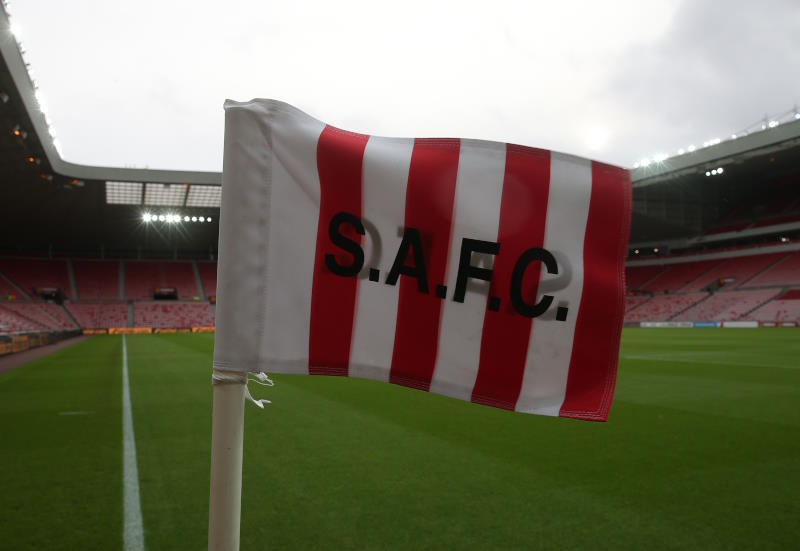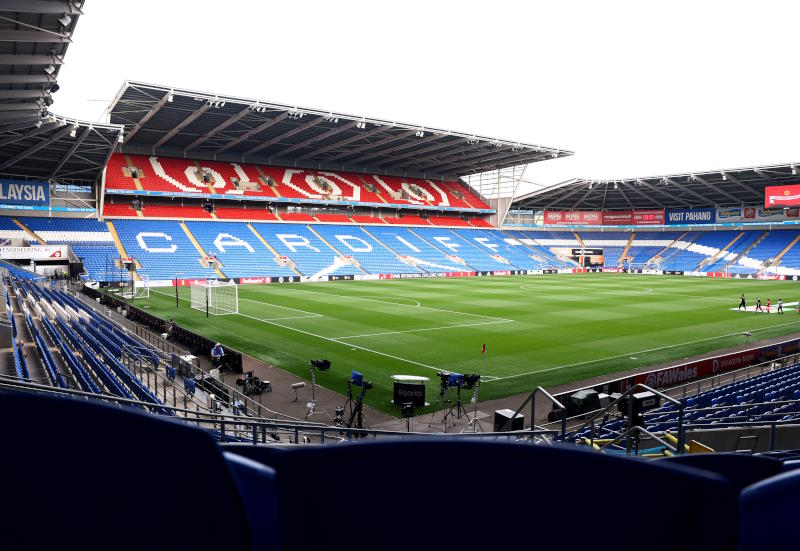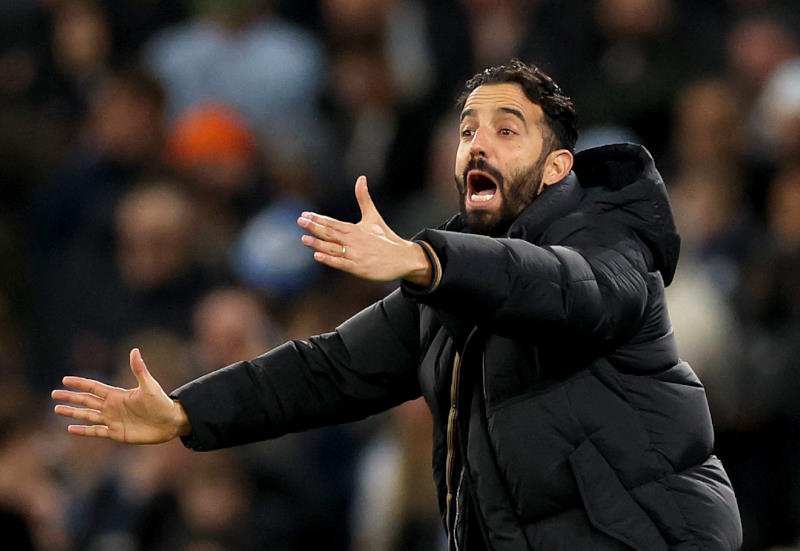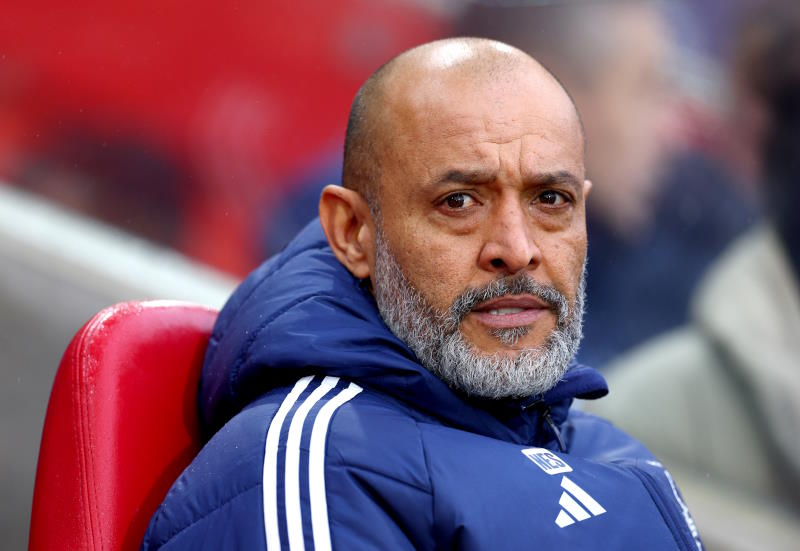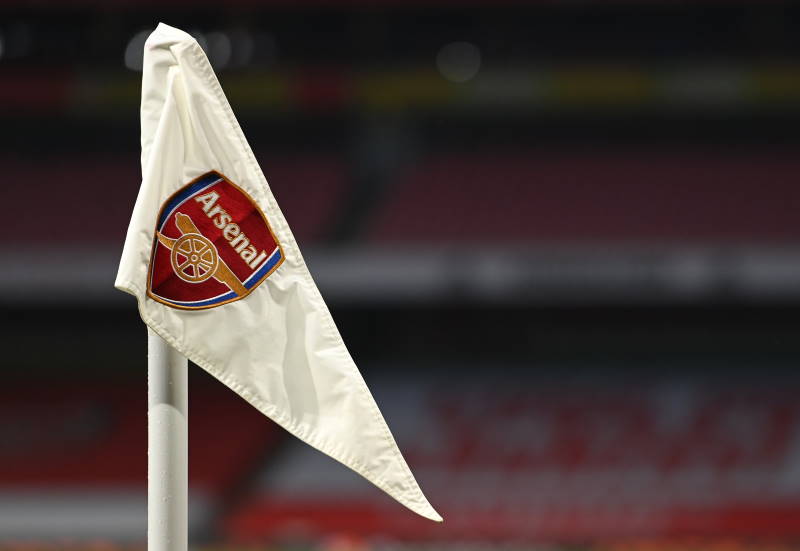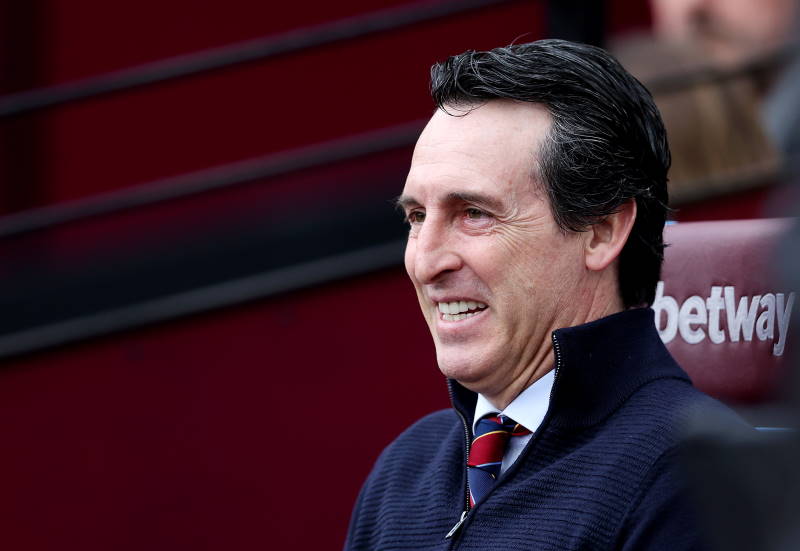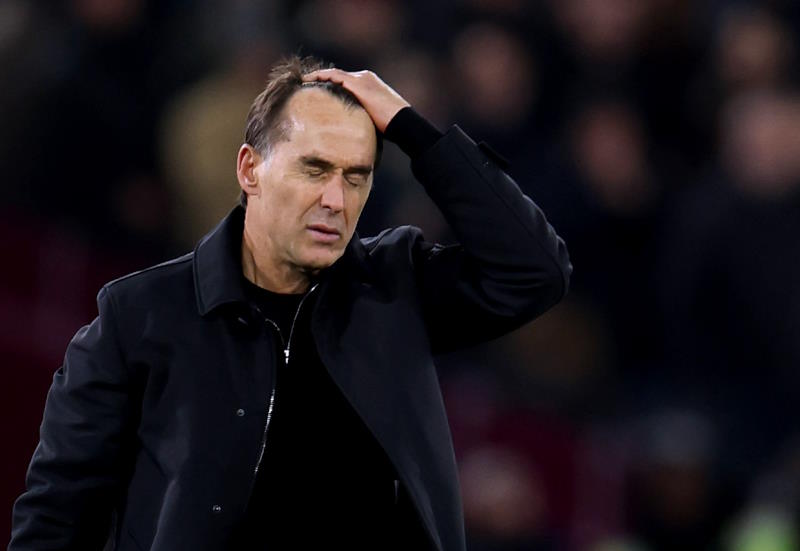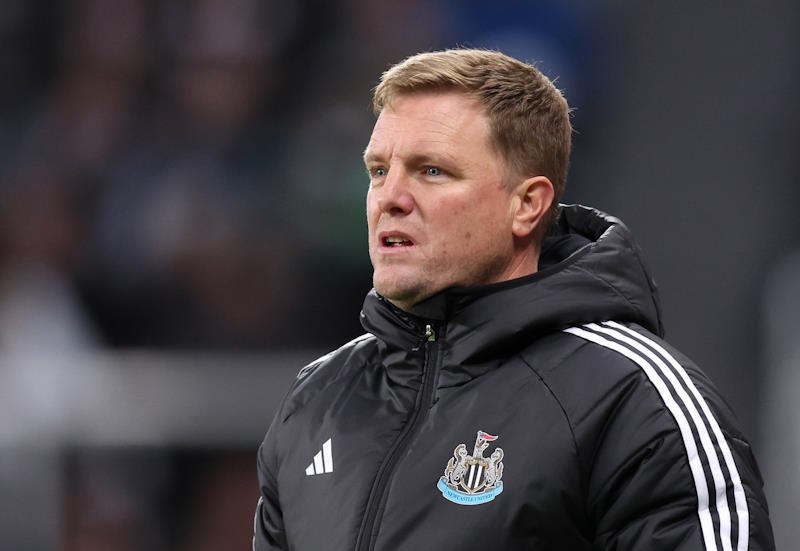
It is always fascinating listening to Jose Mourinho. One of his best qualities is that he is not afraid to say what he wants the way so many in football are. However, that quality betrays one of his greatest flaws – the temerity to castigate others for things that Mourinho is only too happy to do himself when it suits. Earlier this year, the Portuguese tactician took the opportunity to call out rivals Manchester City for their absurd levels of spending. A fine point he had, but then it was remembered who it was making the accusation, and which team he manages.
Chelsea and Manchester City are both likely to be among the names revealed by UEFA next month when they publicise which clubs are in breach of their financial fair play regulations. The rules, which limit losses made over the last two seasons to €45m, are likely to cause headaches for some of Europe’s biggest clubs. Manchester City’s latest accounts revealed a loss of £51.6m, which was a significant improvement on the £97.9m of the year before.
Chelsea, for their part, lost near to £50m in their last accounts, having made a measly £1.4m profit the previous year. Of course, it is not just the English sides who are at risk of breaking UEFA’s rules. Paris Saint-Germain should be a particularly interesting case. Their accounts for the year ended June 2012 featured a fairly small loss, just €5m – thanks in no small part to a €125m revenue stream titled ‘other’ in their accounts.
It could well be that this income the Parisians recorded was related to the deal they struck with the Qatari Tourism Authority, which may or may not have anything to do with the club’s own Qatari owners. Proving the link between the two might not be the most challenging task in the world, but whether or not it is illegal under the UEFA rulings is the big question. It will be intriguing to see UEFA’s position on the French champions. UEFA President Michel Platini is motivated in no small part by the disdain for clubs being bought by individuals with no connection to them, taking the team away from their traditional roots. It is a particular French trait, the dislike of large wealthy organisations pushing the ‘small guy’ out of the way, and so it will be fascinating to see what Platini makes of this happening to his own country’s top flight.
Manchester City face a similar issue to the Parisians, given their huge sponsorship deal with Etihad, the airline run by family members of their owners. But Mourinho should remember next time that he points the finger at Manchester City over such matters that his team have a lucrative deal with Gazprom, the state owned Russian energy giant. Unlike Paris Saint-Germain or Manchester City, there is not even a figure put out as a speculative estimate of how much the Russian company sponsor Chelsea for. And given that Gazprom are also a sponsor of the Champions League, it is easy to see how the London side might have an ally on their side, arguably more than Manchester City if they were threatened with expulsion from Europe’s top competition.
In fairness to Chelsea, they do appear to be trying to comply with the UEFA financial fair play regulations. Although their efforts appear so far to be rather frustrated by that annoying priority football teams have to think about – having to win. That inconvenience continually drives Chelsea to make purchases that may look fantastic from a football perspective, but in financial terms are ludicrous. Signing Nemanja Matic for £25m having allowed him to leave as a makeweight in a deal to buy David Luiz looks like pragmatic football logic, but in the financial world it is poor management. In any other walk of life, shareholders would be livid with whoever controls the financial affairs. But when a company have only one shareholder, it is not such a big deal.
To UEFA though, it is precisely the kind of thing they have been trying to remove from the game. The financial fair play initiative, whilst imperfect, is based on sound principles at least. But how far will UEFA go to prove their point? They showed their willingness to clamp down on financial insanity with their treatment of Malaga, kicking them out of Europe this season as a result, whilst a host of other clubs were given assorted sanctions, from expulsion to fines.
But then stamping a foot down on Malaga is a lot easier than say, the French or English champions. UEFA have talked a good game up to now however, and it would be strange if they didn’t seek to make an example of a big name. The problem is whether they have the legal ability to enforce a ban against such a team. Related party transactions of the sort Manchester City and Paris Staint-Germain are accused of involving themselves in can be assessed by UEFA and knocked down to represent fair value. What constitutes fair value is a subjective matter, and a thorny one that UEFA may have to walk into.
The revenues of Paris Saint-Germain, Manchester City and Chelsea have been inflated significantly by the sponsorship deals they have signed with companies that most observers would speculate are very much related party transactions. The three clubs now occupy positions five, six and seven in the Deloitte rich list, a ranking based on club revenues. The tactic is clear. Inflate revenues significantly through these deals, reduce losses significantly so that although there are still major net outgoings each year, there appears to be a positive trend. And hope that convinces UEFA not to act.
Will Platini blink? It is unlikely. With UEFA standing firm whilst clubs do likewise, and over 70 in total expected to be named next month for breaking the financial fair play rules, the likelihood is that this battle will end in a courtroom somewhere across Europe. Platini and UEFA will surely fight hard to uphold the integrity of their initiative, and somewhere, Mourinho will presumably be watching on, hoping that Europe’s governing body is successful. Or maybe not…
Don't bet on football until you've visited Inside Bet! Interesting markets, top tips, betting facts – get all the info before you bet.


